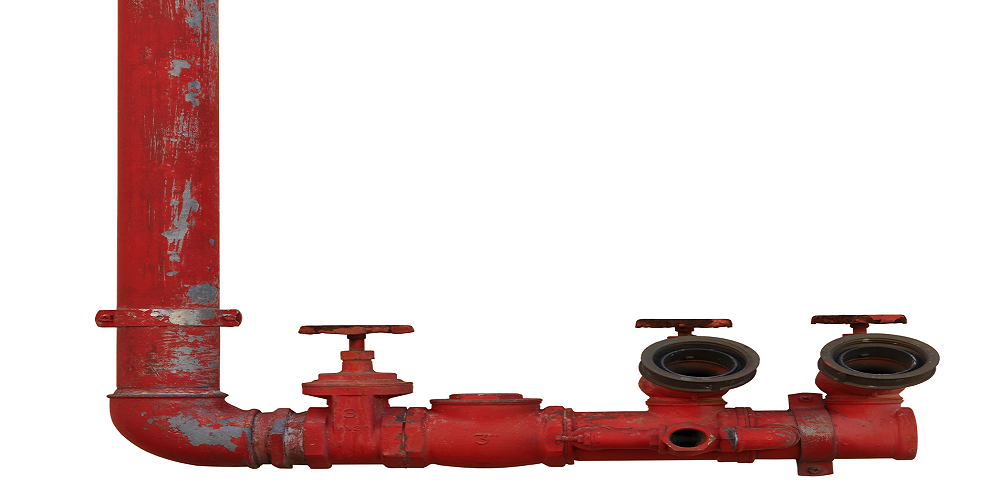If you’re looking to start a septic system installation company, you may wonder what the licensing requirements are. Although septic systems are not as standard in urban areas, they are still used in many parts of the country. There are two main types of septic system installation companies: those that install systems and those that maintain them. Each type of company has different licensing requirements. This article will explore the licensing requirements for both types of companies. We will also provide some tips on how to get started in the septic system installation business.

What does a septic system consist of?
A septic system is a self-contained, off-grid sewage treatment system. Septic systems are most commonly used in rural areas with no central sewer system. Septic systems typically have three components: a drain field, a septic tank, and soil. Wastewater from your home flows into the septic tank, where bacteria treat it. The treated wastewater then flows through the drain field, which is further treated by soil bacteria before finally being discharged into the groundwater.
What are the licensing requirements for a septic system installation company?
There are a few licensing requirements for septic system installation companies. The first is a business license, which can be obtained from the city or county in which the company is located. The second is a septic system installer’s license, which is required in most states. This license can be obtained from the state where the company is located. The third requirement is a surety bond, which guarantees that the company will perform its work by the contract and regulations.
What are the benefits of having a septic system installed?
If you are considering having a septic system installed, consider several benefits. One of the main benefits is that it can save you money on your wastewater bill. This is because the septic system will treat the wastewater before it enters the municipal sewer system. Additionally, having a septic system can help protect the environment by reducing the pollution that goes into our waterways.
What are the drawbacks of having a septic system installed?
There are several drawbacks to having a septic system installed. First, the initial cost of installation can be expensive. Second, septic systems require regular maintenance and cleaning to function correctly. Third, septic systems can fail and cause environmental pollution if not appropriately maintained. Finally, septic systems can attract unwanted pests, such as rodents and insects.
Conclusion
To become a septic system installation company, specific licensing requirements must be met. In most states, a septic system installation company must have a general contractor’s license or a specialized license to perform work on septic systems. In addition, the company must have liability insurance and workers’ compensation insurance to protect its employees and customers. Finally, the company must have a business license to operate legally. Meeting these requirements can be daunting, but becoming a licensed septic system installation company is essential.










